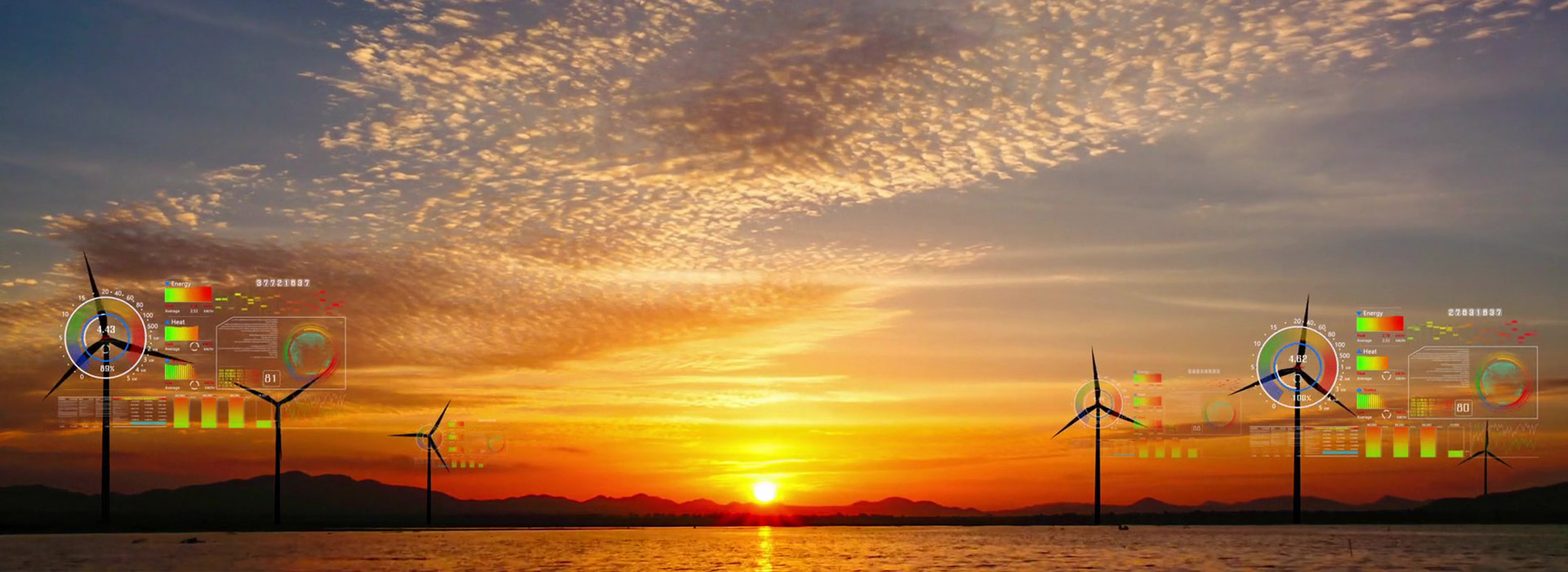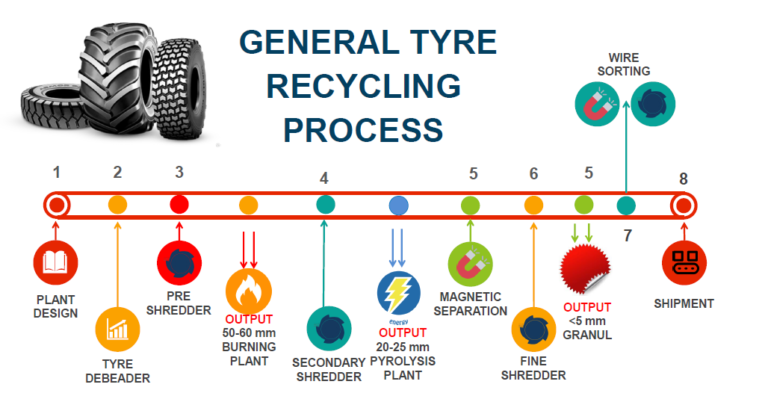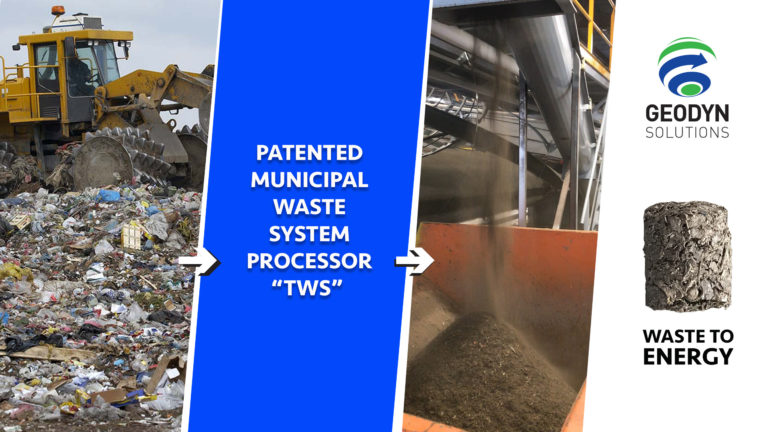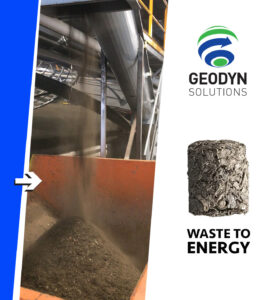In the face of mounting environmental challenges, the concept of zero waste has gained significant attention. One key aspect of zero waste is the efficient management of organic waste, which often ends up in landfills and contributes to greenhouse gas emissions. By adopting innovative techniques, such as converting organic waste into fertilizer, carbon black, biochar, and biofuel, we can not only minimize waste to landfills but also reduce CO2 emissions and create a more sustainable and environmentally friendly future.

Organic Waste as Fertilizer: Organic waste, such as food scraps and yard waste, contains valuable nutrients that can be transformed into high-quality fertilizers. Through Geodyn Solutions composting or anaerobic digestion processes, organic waste is broken down into nutrient-rich materials that enhance soil fertility. By using organic waste as fertilizer, we reduce the need for synthetic fertilizers, which often have harmful environmental impacts and contribute to water pollution.
Geodyn Solutions Carbon Black Production: Carbon black, a fine black powder derived from carbonaceous materials, has various industrial applications. Traditionally, carbon black is manufactured from fossil fuels, which has significant environmental implications. However, by pyrolyzing organic waste, we can produce carbon black as a sustainable alternative. This process not only diverts organic waste from landfills but also reduces the reliance on non-renewable resources.
Geodyn Solutions Biochar for Soil Improvement: Biochar, a type of charcoal produced through pyrolysis, offers multiple benefits for soil health and carbon sequestration. When applied to agricultural land, biochar enhances soil fertility, water retention, and nutrient availability. Moreover, biochar acts as a carbon sink by locking in carbon for hundreds of years. By utilizing organic waste to produce biochar, we not only mitigate CO2 emissions but also improve soil quality and promote sustainable agriculture practices.
Geodyn Solutions Biofuel Generation: Organic waste can be a valuable feedstock for biofuel production. Through various conversion processes like anaerobic digestion or thermal decomposition, organic waste can be transformed into biogas or bio-oil. Biogas, a mixture of methane and carbon dioxide, can be utilized as a renewable energy source for electricity generation or as a substitute for natural gas. Bio-oil, on the other hand, can be refined into transportation fuels, reducing our reliance on fossil fuels and lowering CO2 emissions.
Embracing a zero-waste Geodyn Solutions approach by harnessing the potential of organic waste offers numerous environmental benefits. By turning organic waste into fertilizer, carbon black, biochar, and biofuel, we can significantly reduce waste to landfill, minimize CO2 emissions, and foster a more sustainable future. Through these innovative practices, we not only contribute to resource conservation but also promote circular economy principles that maximize the value of organic waste. It is time to recognize the immense potential of organic waste and implement solutions that transform it into valuable resources while preserving our planet for future generations.



